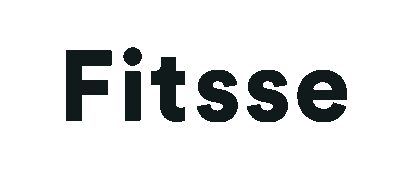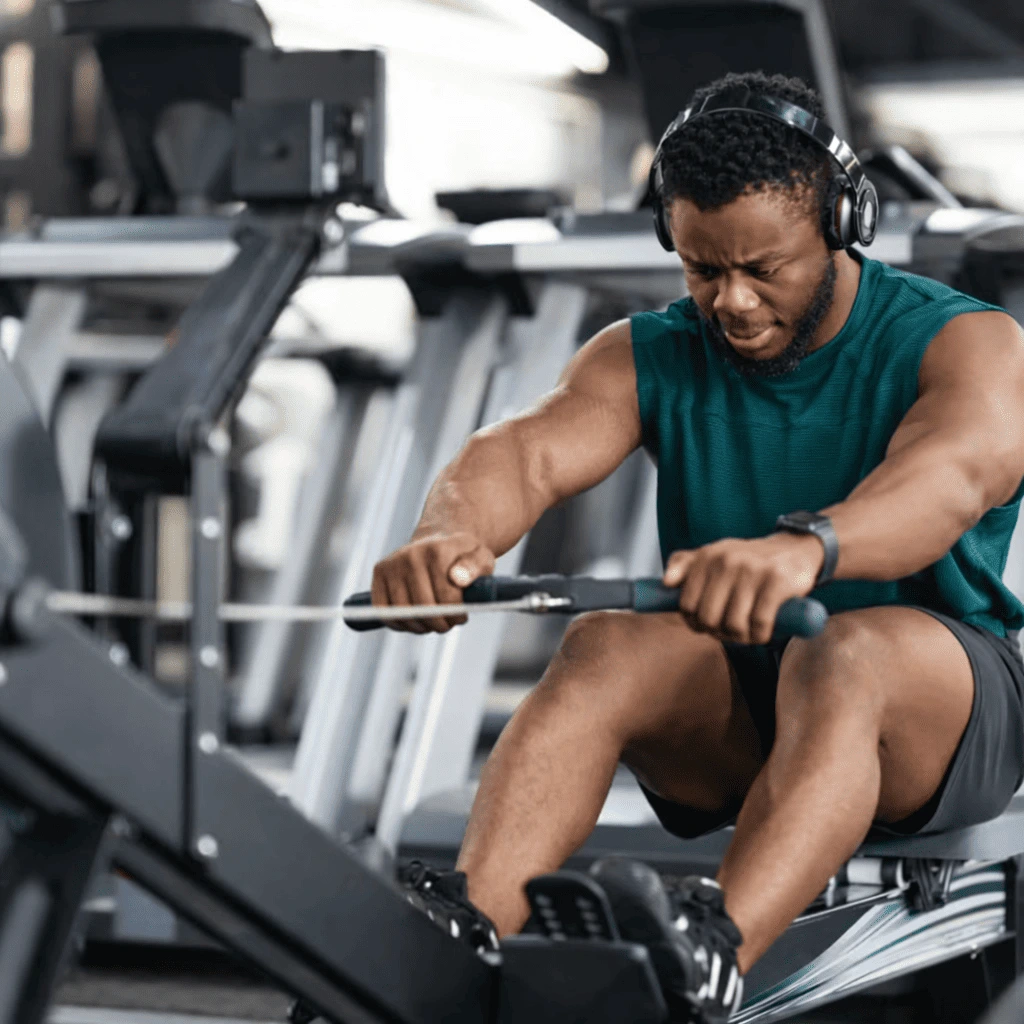Before diving into the list, let’s quickly recap why what you eat after training matters so much: it helps repair muscle fibers, reduce inflammation, and speed up your recovery. Now, let’s look at five superstar foods—eggs, banana, salmon, tart cherry juice, and Greek yogurt—and see how each plays its part in getting you back stronger, faster.
Why Post-Workout Nutrition Is Crucial
When you do strength training or any high-intensity workout, tiny tears form in your muscle fibers. That’s actually how growth happens: the body repairs those micro-lesions and builds the muscle back stronger. But to fuel that rebuilding process efficiently, you need the right nutrients right after you train. Good post-workout nutrition will:
- Support muscle protein synthesis by delivering essential amino acids to repair damaged fibers.
- Reduce inflammation, so you experience less soreness and stiffness.
- Replenish glycogen—the stored energy in your muscles.
Skip this crucial meal or snack, and you risk prolonged fatigue, slower progress, and even overtraining.
1. Eggs: The Complete Protein Package
Why eggs?
Eggs are a true “complete” protein, offering about 6 grams of high-quality protein each, with all nine essential amino acids your body cannot make on its own. They’re especially rich in leucine, the key amino acid that kick-starts muscle building.
Extra benefits:
- B vitamins for better energy metabolism and reduced fatigue.
- Choline for neuromuscular function and recovery.
- Healthy fats in the yolk that support a hormonal environment conducive to muscle growth.
How to enjoy them:
- Hard-boiled eggs with whole-grain toast and avocado.
- A colorful omelet with spinach, tomato, and onion.
- Oat-and-egg pancakes for a quick, on-the-go meal.
2. Banana: Quick Energy and Electrolytes
Why banana?
Bananas deliver fast-digesting carbs to refill your muscle glycogen and offer a good hit of potassium and magnesium—two minerals that help prevent cramps and support muscle contractions.
Extra benefits:
- Vitamin B6 for amino acid metabolism.
- Fiber and antioxidants that help manage exercise-induced inflammation.
How to enjoy them:
- Blend a banana with whey (or plant) protein and coconut water for an easy shake.
- Try baked banana with a sprinkle of cinnamon for a sweet treat.
- Slice banana onto whole-grain toast with a smear of nut butter for balanced macros.
3. Salmon: Omega-3 Power and Lean Protein
Why salmon?
Salmon is not only a great source of complete protein but also packed with omega-3 fatty acids (EPA and DHA). These fats have potent anti-inflammatory effects, helping to ease muscle soreness and support joint health after heavy sessions.
Extra benefits:
- Vitamin D, which is crucial for muscle and bone health and often lacking in many diets.
- Minerals like selenium and potassium, which aid cellular recovery.
How to enjoy it:
- Grilled salmon fillet with roasted veggies.
- Poke bowl with lightly seared (or raw) salmon over cauliflower rice.
- Canned salmon mixed into salads or whole-grain bowls for convenience.
4. Tart Cherry Juice: Antioxidant and Anti-Inflammatory
Why tart cherry juice?
Research shows tart cherry juice is rich in anthocyanins—powerful antioxidants that reduce oxidative stress and inflammation in muscles. Athletes who drink tart cherry juice report less pain and faster strength recovery post-exercise.
Extra benefits:
- Natural melatonin content, which may improve sleep quality and further enhance recovery.
- Compounds like tryptophan that support overall mood and well-being.
How to enjoy it:
- Sip 60 ml (about 2 fl. oz.) of pure tart cherry juice mixed with water right after your workout.
- Blend into a red smoothie with Greek yogurt and mixed berries.
- Make a no-sugar cherry jam to spread on whole-grain toast.
5. Greek Yogurt: Protein and Probiotics
Why Greek yogurt?
Greek yogurt packs 13–15 grams of protein per 170-gram serving, making it a muscle-building powerhouse. Plus, its probiotics support gut health—key for optimal nutrient absorption and immune function.
Extra benefits:
- Calcium, critical for muscle contractions and bone strength.
- Lower lactose content than regular yogurt, making it easier on sensitive stomachs.
How to enjoy it:
- Yogurt parfait with whole-grain granola and a drizzle of honey.
- Layered “parfait” with yogurt, fresh fruits, and chia or flax seeds.
- Protein smoothie with Greek yogurt, protein powder, and frozen fruit.
Practical Tips to Maximize Recovery
- Pair protein with carbs at every post-workout meal or snack (e.g., eggs + whole-grain bread; yogurt + fruit).
- Stay hydrated—water, coconut water, and herbal teas help shuttle nutrients in and wash out waste.
- Aim to eat within 30–60 minutes after training to hit the “anabolic window.”
- Rotate your foods to get a full spectrum of nutrients and keep meals interesting.
- Adjust portions based on how hard and how long you trained, as well as your individual energy needs.
Conclusion
Including eggs, banana, salmon, tart cherry juice, and Greek yogurt in your post-workout routine isn’t just a trendy nutrition hack—it’s science-backed strategy. These foods deliver the right blend of proteins, carbs, healthy fats, antioxidants, and key nutrients to rebuild muscles, reduce soreness, and support your overall health.
Listen to your body, try different combinations, and find what tastes and works best for you. With the right nutrition fueling your recovery, every workout counts toward getting stronger and fitter—without sidelining you with aches or fatigue. Drink up, eat well, and let your body bounce back better than ever!
As of today’s date, recent studies have highlighted the benefits of including plant-based proteins like quinoa and chickpeas in post-workout meals. These options not only provide essential amino acids but also offer additional fiber and micronutrients that support digestive health and sustained energy levels. Additionally, incorporating turmeric or ginger into your post-workout nutrition can further enhance anti-inflammatory effects, aiding in quicker recovery and reduced muscle soreness.
















One Comment